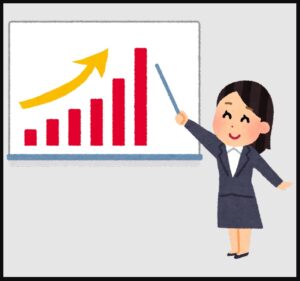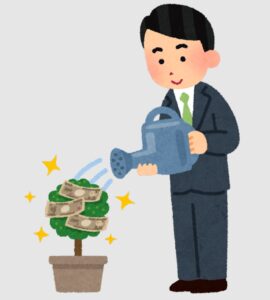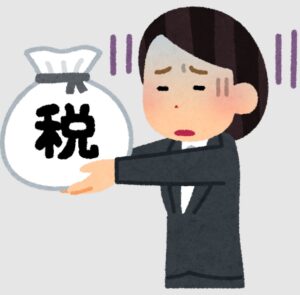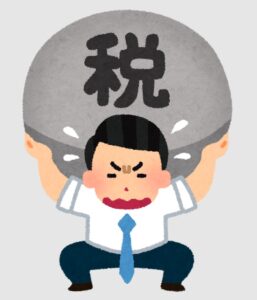管理人オススメコンテンツはこちら
「詐欺のテクニック|リスクを見極め、自らの未来を切り拓け!」
〜前回のつづき〜
●不安に課金する人生、もうやめませんか?~保険の呪縛から自由になる思考法~(つづき)

例えば
(1)リスクの確率と影響度を自分で測る事が出来る事
とはどういう事かと言うと
・国が破綻したら?
・外出時に隕石が当たったら?
・明日死んだら?
・明日がんになったら?
その確率と影響度を自分で考える
という事です。
確かに可能性としては有るけれども
その確率はどれぐらいなのか?
もしもそうなったら
影響度はどれぐらい有るのか?
という事を

自分で考えるという事です。
情報を鵜呑みにしないという事で
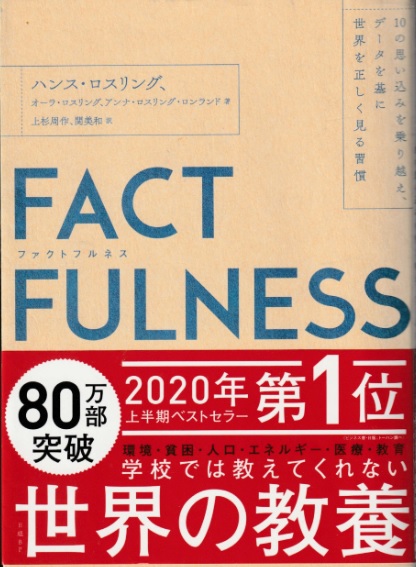
「ファクトフルネス」
ですよね。
思い込みじゃなくて
データを含めて自分で判断する。
データをそのまま鵜呑みにしてると
相手の情報をそのまま鵜呑みにしてると
保険会社が出してるような
嘘じゃないけど
『2人に1人ががんになって死ぬ』みたいな
そのままの情報を鵜呑みにしてしまうと
そういうデータを使って
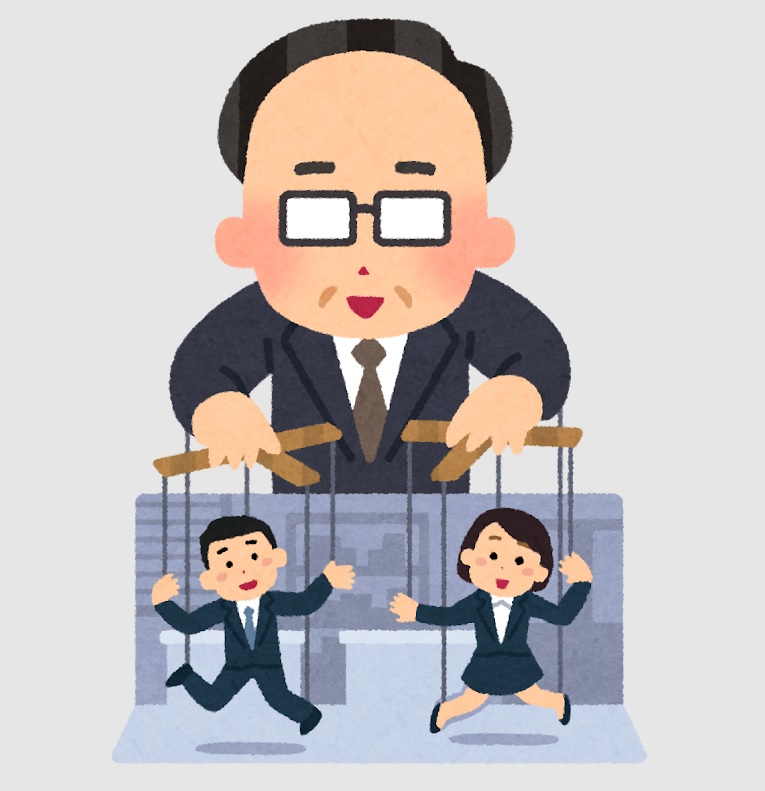
うまくコントロールされてしまうという事です。
(2)コストパフォーマンスが高い対策を打てる事も大切
(1)の意見が正しくても
対策を間違うと結構大きく損しちゃうんですよ。
がんで2人に1人亡くなるというのは
確かに正しいかもしれない。
でもそれに対しての対策で
保険というものが最適かどうかというのは
誰にもわからない事ですよね?
詐欺のテクニックとかでも同じで
嘘と本当を混ぜる。
(1)の情報やデータの所では正しい事を言っておいて
(2)の対策の部分で嘘をついたり
余計な商品を売ったりする訳ですよね。
だからこうされると
判断しにくくなるんですよね。
だから常套手段というか
保険じゃなくて投資にしても
何でもそうですよね?
病気だったら

と言うし
投資だったら
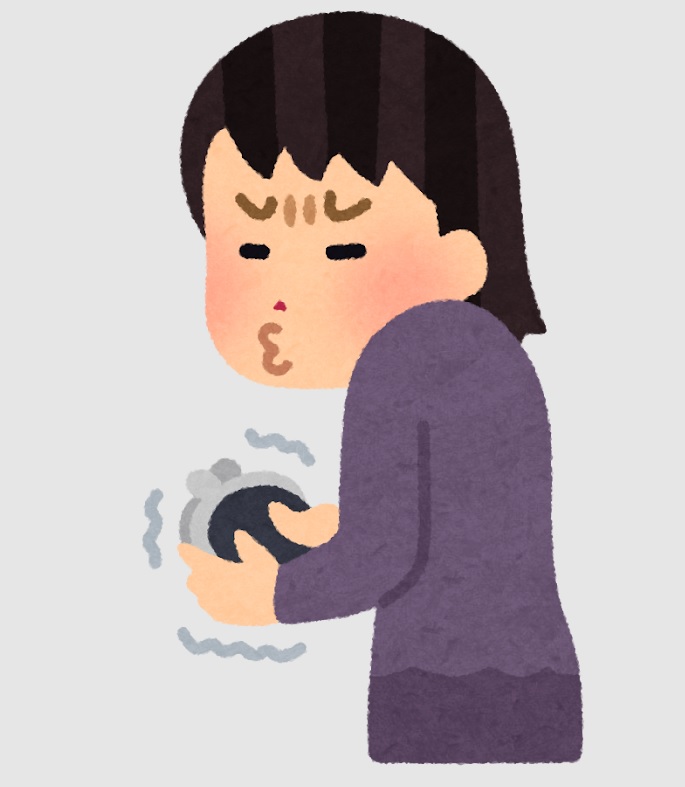
とか正しい事を言ってる訳ですよね?
でもそれに対しての対策が
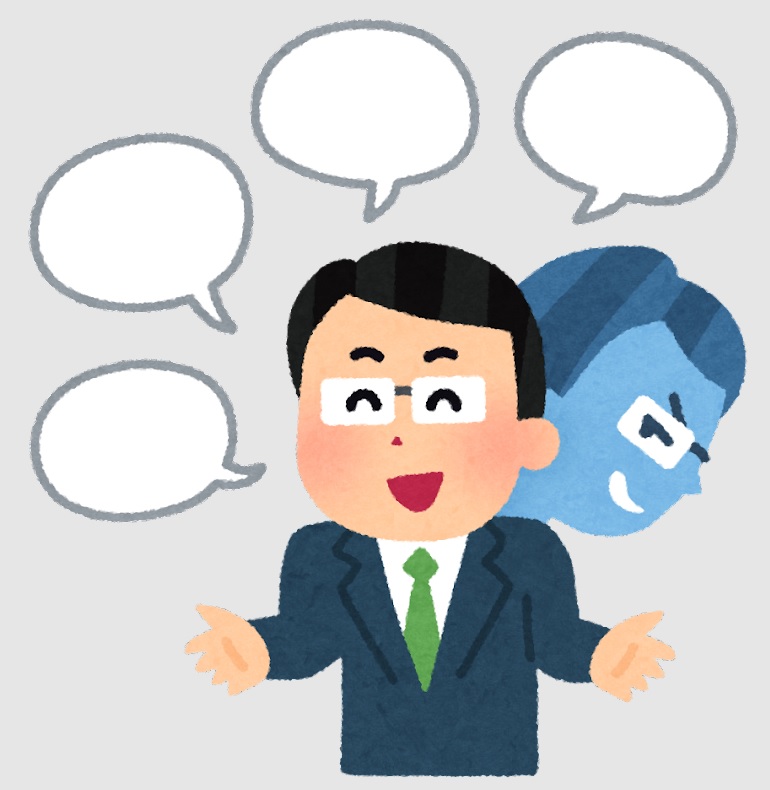
とか

とか
そういう対策が
正しいかどうかは
また別の問題であって
仮想通貨が正しい対策なのか
コストパフォーマンスの高い対策なのか
というのは
最終的には

自分で判断する必要が有ります。
これが大切なんですね。
全部に通じる大切な考え方なので
是非知っておいてください。
その上でどう判断するか
というのは各個人の自由です。
私自身は保険というのは
数字で考えてそこに感情を乗せたとしても
どちらにしても

不要だと思っています。
でも

「保険に入ってないと
どうしてもストレスでしょうがないんだー!!」
という人や
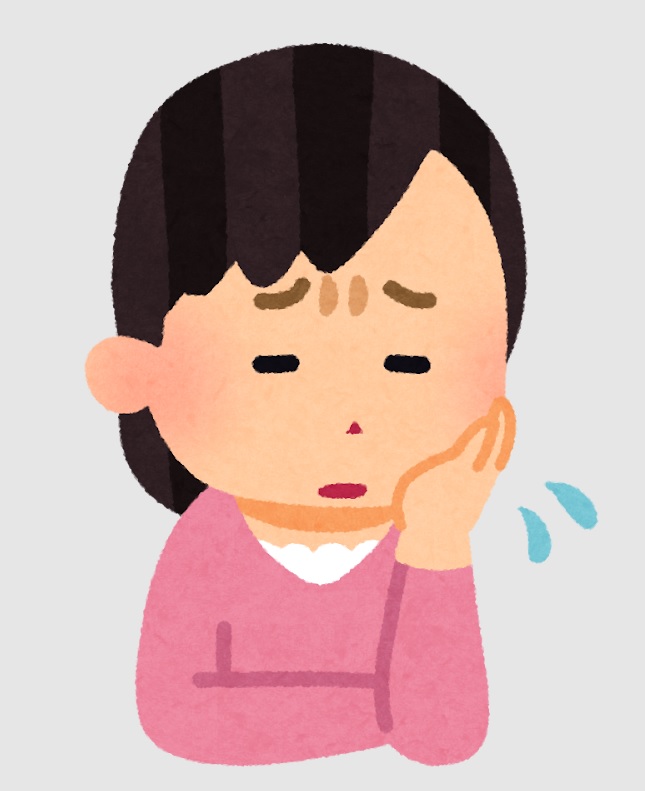


とか
それはそれて止めはしないし
いいと思うんですよね。
いずれにしても
各自が豊かな人生を歩めるのであれば
それが一番いいと思います。
ただ先程申し上げたような
物事の見方というような
考え方というのは
何にでも通じる方法だと思うので
ご参考まで。
Special Thanks college president Ryo.

●おまけ
≪≪Chat-GPTくんによる要約→perplexityちゃんによる文章まとめ≫≫
「不安に課金する人生、もうやめませんか?」というテーマで、保険や投資などの選択について考えるべきポイントが述べられています。
まず、リスクの確率や影響度を自分で考え、情報を鵜呑みにせず、事実やデータをもとに判断することが大切です。例えば「2人に1人ががんになる」といったデータは正しくても、それに対する対策として保険が最適かどうかは別問題です。営業や詐欺の手口には、正しい情報と誇張された対策が混在していることが多いため、冷静にコストパフォーマンスを見極める必要があります。
最終的には自分の価値観や状況に合わせて判断し、納得できる選択をすることが重要です。この考え方は保険や投資だけでなく、さまざまな人生の選択に応用できるものです。
Citations:
[1] https://sales.fromation.co.jp/archives/10000082216
[2] https://ones.com/blog/ja/maximize-cost-performance-strategies
[3] https://www.skygroup.jp/tech-blog/article/636/
[4] https://woman.mynavi.jp/article/200914-14/
[5] https://service.cominka.co.jp/cost-performance/
≪≪Chat-GPTくんによる英訳≫≫
~Continuation from the previous part~
【Are you still paying for your anxiety? — A mindset to break free from the spell of insurance” (continued)】
For example,
(1) Being able to assess the probability and impact of a risk by yourself
— what does that actually mean?
What if the country collapses?
What if you’re hit by a meteor while you’re out?
What if you die tomorrow?
What if you’re diagnosed with cancer tomorrow?
It means thinking about how likely those risks are, and what kind of impact they would have — by yourself.
Yes, those possibilities do exist.
But how likely are they, really?
And if they were to happen, how big would the impact be?
This is about thinking critically instead of blindly trusting information.
In other words, it’s about “Factfulness.”
Rather than relying on assumptions, it’s about evaluating the situation based on actual data and making your own judgment.
If you just swallow data as it is, or accept what others say without questioning it,
you’ll fall for messages like the ones from insurance companies:
> “One in two people will get cancer and die.”
That might not be a lie, but if you accept that kind of data at face value,
you may be manipulated and emotionally controlled by it.
—
(2) It’s also important to choose high cost-performance measures
Even if your understanding in (1) is correct,
if you choose the wrong countermeasure, it could end up costing you a lot.
Yes, it may be true that one in two people die of cancer.
But is insurance really the most effective or optimal measure to take in response?
No one can say for sure.
It’s just like how scams work: they mix truth with lies.
They might tell the truth in part (1), providing accurate data,
but then lie or mislead you in part (2) — by selling unnecessary products.
That’s what makes judgment difficult.
And this tactic is used not just in insurance, but also in investments and many other areas.
If it’s about illness, they’ll say:
> “One in two people will get cancer.”
If it’s about investing, they’ll say:
> “If you don’t start investing now, you’ll only get poorer!”
These statements are technically true.
But the solutions that follow, such as:
> “Just deposit your money and it’ll grow automatically!”
> “Endorsed by millionaire so-and-so!”
— whether those solutions are actually right is a completely different question.
Is cryptocurrency really the right measure?
Is it a high cost-performance option?
In the end, you have to decide for yourself.
That’s what truly matters.
This way of thinking can be applied broadly, and I hope you keep it in mind.
How you choose to act based on this is entirely up to you.
As for me personally, even when I factor in emotion on top of the numbers,
I still believe insurance is unnecessary.
However…
> “Not having insurance stresses me out too much!!”
Or:
> “Because of something that happened with my parents…”
> “I have a personal memory tied to this…”
> “If I don’t have it, I can’t get through the day without anxiety!”
— If that’s your case, I won’t try to stop you. That’s totally valid.
Ultimately, if each person can live a rich and fulfilling life, that’s what matters most.
Still, I hope this way of thinking —
how to view and assess things logically —
can serve as a helpful guide in many areas of life.
Special Thanks OpenAI and Perplexity AI, Inc

